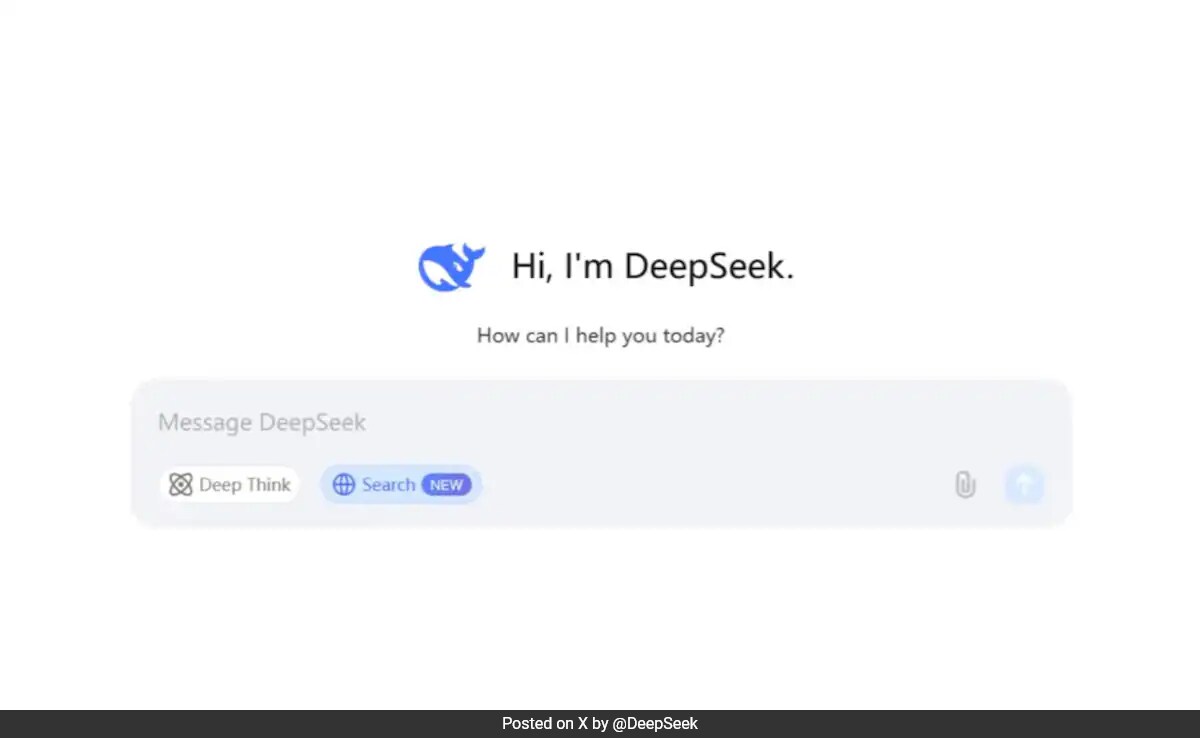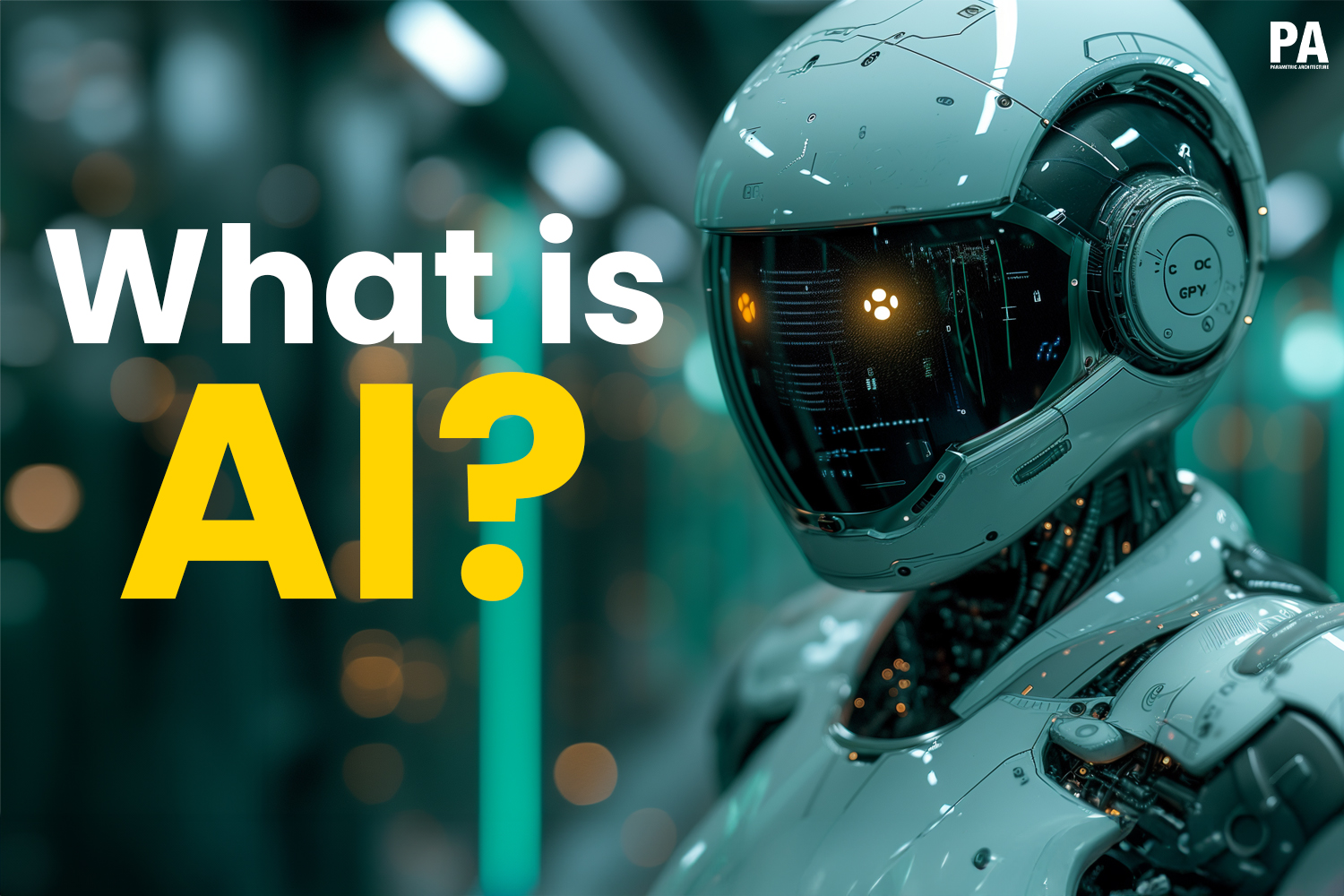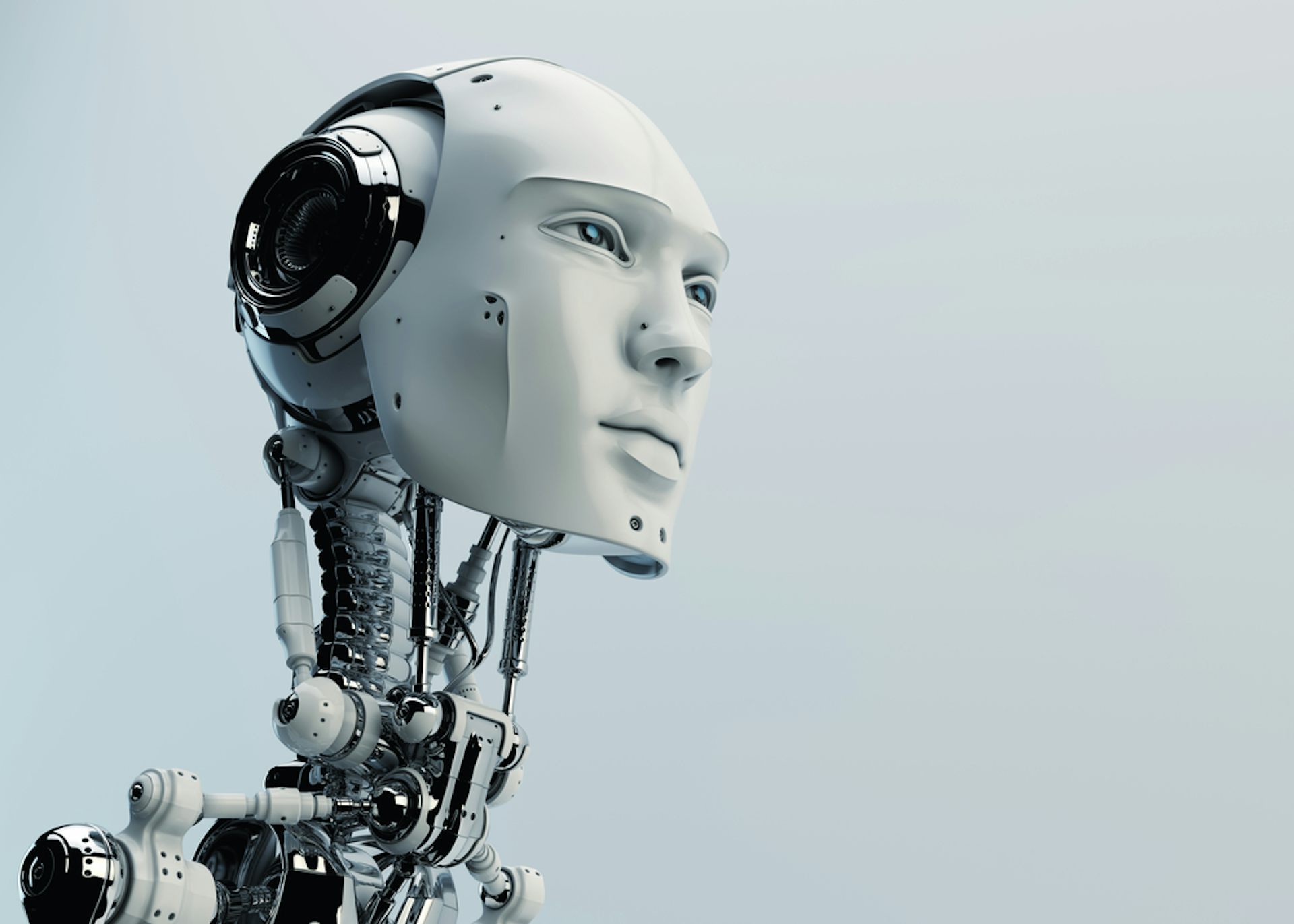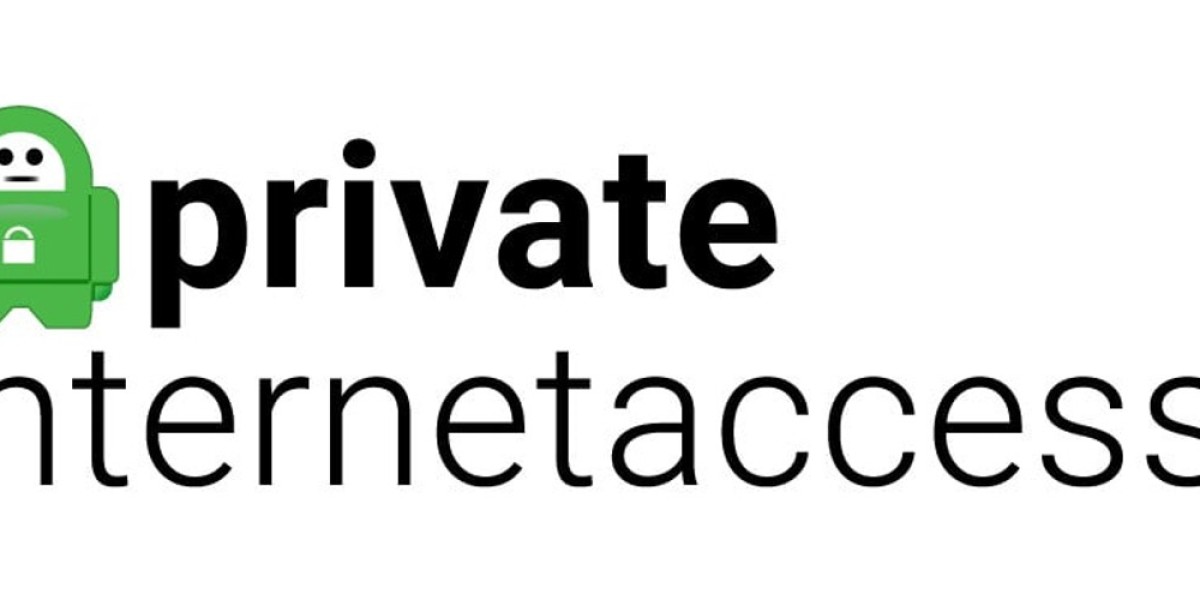
Technology is changing our world at an amazing pace! Its sweeping modifications can be found all over and they can be referred to as both thrilling, and at the exact same time terrifying. Although people in numerous parts of the world are still trying to come to terms with earlier technological revolutions together with their sweeping social and educational implications - which are still unfolding, they have actually been woken up to the truth of yet another digital revolution - the AI transformation.
Artificial Intelligence (AI) innovation refers to the capability of a digital computer system or computer-controlled robot to carry out tasks that would otherwise have actually been brought out by people. AI systems are developed to have the intellectual procedures that characterize humans, such as the ability to factor, discover significance, generalize or gain from past experience. With AI technology, vast quantities of info and text can be processed far beyond any human capacity. AI can likewise be used to produce a large range of brand-new content.

In the field of Education, AI technology features the prospective to allow new kinds of teaching, learning and educational management. It can likewise enhance discovering experiences and assistance instructor jobs. However, despite its positive potential, AI likewise postures significant dangers to trainees, the mentor community, education systems and society at big.
What are a few of these threats? AI can lower teaching and learning processes to estimations and automated tasks in methods that cheapen the function and impact of teachers and compromise their relationships with students. It can narrow education to just that which AI can process, design and provide. AI can likewise worsen the around the world lack of certified instructors through disproportionate costs on innovation at the expense of financial investment in human capacity development.
Using AI in education also creates some fundamental questions about the capability of instructors to act purposefully and constructively in determining how and when to make sensible use of this innovation in an effort to direct their professional development, discover options to challenges they deal with and enhance their practice. Such fundamental concerns include:
· What will be the function of teachers if AI technology end up being commonly implemented in the field of education?
· What will assessments look like?
· In a world where generative AI systems appear to be establishing new capabilities by the month, what abilities, outlooks and competencies should our education system cultivate?
· What changes will be required in schools and beyond to help trainees plan and direct their future in a world where human intelligence and machine intelligence would appear to have ended up being ever more carefully connected - one supporting the other and vice versa?
· What then would be the function or role of education in a world dominated by Artificial Intelligence innovation where humans will not always be the ones opening new frontiers of understanding and knowledge?
All these and more are intimidating concerns. They force us to seriously consider the concerns that emerge regarding the execution of AI innovation in the field of education. We can no longer just ask: 'How do we get ready for an AI world?' We must go deeper: 'What should a world with AI appear like?' 'What roles should this powerful innovation play?' 'On whose terms?' 'Who decides?'
Teachers are the main users of AI in education, wiki.lexserve.co.ke and they are expected to be the designers and facilitators of trainees' learning with AI, the guardians of safe and ethical practice across AI-rich educational environments, and koha-community.cz to act as good example for long-lasting finding out about AI. To assume these responsibilities, instructors require to be supported to develop their capabilities to take advantage of the possible advantages of AI while reducing its dangers in education settings and larger society.
AI tools need to never ever be created to replace the legitimate responsibility of teachers in education. Teachers need to remain liable for pedagogical decisions in using AI in teaching and in facilitating its uses by students. For instructors to be accountable at the practical level, a pre-condition is that policymakers, instructor education organizations and schools assume duty for preparing and supporting instructors in the appropriate usage of AI. When introducing AI in education, legal protections need to likewise be established to protect instructors' rights, and long-term financial commitments require to be made to make sure inclusive gain access to by instructors to technological environments and basic AI tools as crucial resources for adapting to the AI age.
A human-centered method to AI in education is crucial - an approach that promotes essential ethical and

useful principles to assist manage and assist practices of all stakeholders throughout the whole life cycle of AI systems. Education, offered its function to safeguard along with help with development and knowing, has an unique responsibility to be totally aware of and responsive to the risks of AI - both the known dangers and those only simply coming into view. But too frequently the risks are disregarded. The usage of AI in education therefore needs mindful consideration, including an assessment of the developing functions instructors need to play and the proficiencies required of teachers to make ethical and efficient usage of Artificial Intelligence (AI) Technology.
While AI offers opportunities to support instructors in both teaching along with in the management of finding out processes, significant interactions between teachers and trainees and human thriving ought to remain at the center of the academic experience. Teachers need to not and can not be changed by technology - it is crucial to protect instructors' rights and ensure appropriate working conditions for them in the context of the growing usage of AI in the education system, in the work environment and in society at large.









